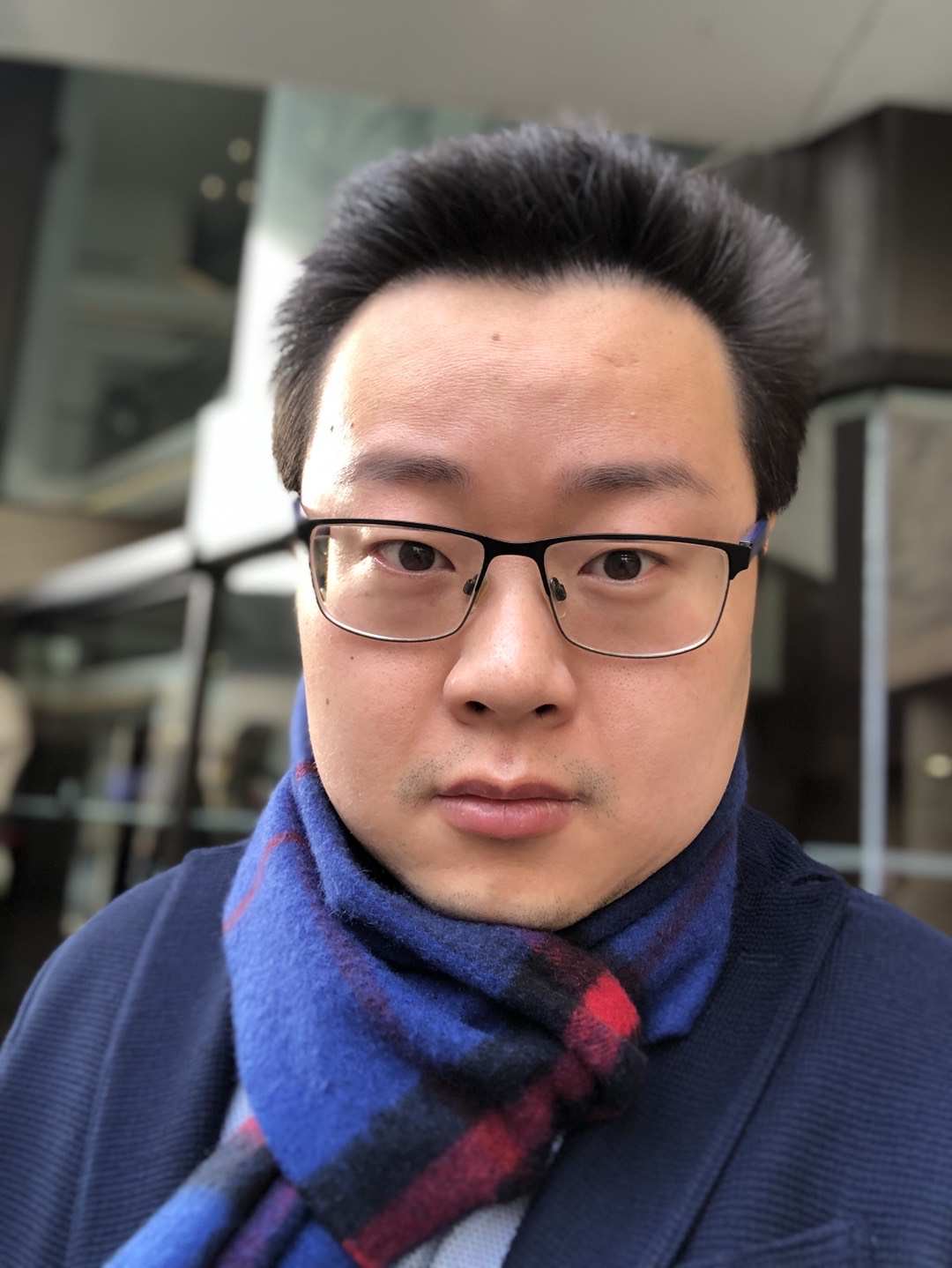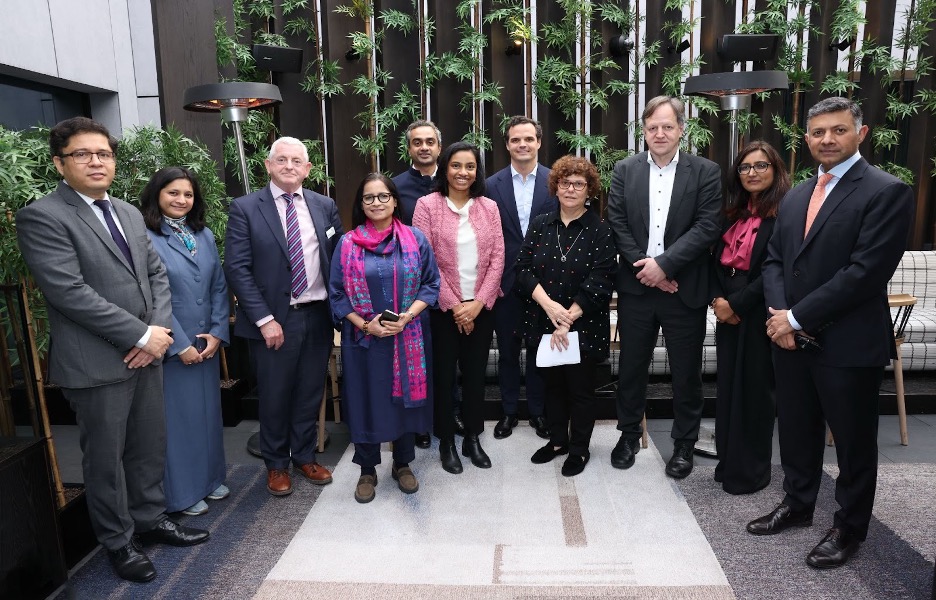🔦Spotlight on Principal Investigators: Prof. Weisi Guo
15 Apr, 2025

In this edition of our Spotlight on Principal Investigators, we feature Professor Weisi Guo, a pioneering voice in AI-driven telecoms and a researcher motivated by a passion for tackling some of the world’s most complex challenges.
What inspired you to pursue a career in academia and engineering?
I was born into an academic family—biologists and material scientists. Growing up, I was surrounded by science and constantly encouraged to make breakthroughs. While part of me wanted to do something different, academia is just in my blood!
What excites you most about your work?
I love solving big problems—whether they’re technological or social. I’m always aware of how limited time and ability can feel, and with technology advancing so rapidly, it’s a challenge to balance going deep with going broad. What we once thought would take years might now take minutes. That pace is both thrilling and daunting! I am also excited about public engagement and have recently partnered with a life long friend to produce a series of AI podcasts: https://open.spotify.com/show/1fOXhXSCfEYykf1d2lZHLM
What’s your vision for AI in telecoms?
I want to use AI to automate telecom consultancy, design, and coding—making the entire process accessible to innovators who can’t afford traditional consultancy fees. It’s about democratising innovation.
What makes the 6G project so interesting to you?
It’s a convergence of fascinating areas—AI, telecoms, and social acceptance. Engineers often neglect the human side of things, assuming that if something is technically good, it will naturally succeed. But humans are complex. Designing with their needs in mind—and doing so efficiently and faithfully—is a huge, exciting challenge.
What’s been one of your most powerful personal moments?
There’s one moment that really stands out, and it’s not related to the project, but I consider it as one of my most defining and innovative moments, Dr Weisi Guo combined his expertise in communication networks with a deep concern about global violence. Troubled by the ongoing conflict in Syria and drawing from his experiences working in UNHCR refugee camps in Algeria, he began exploring whether conflict could be understood through data.
In December 2015, while reflecting on a map of ISIS activity, he noticed an intriguing overlap with ancient Silk Road trade routes. That same evening, he created an algorithm that mapped cities and towns against global conflict data from The Global Terrorism Database and PRIO. The results were unexpectedly accurate—and repeated independent tests confirmed them.
His model revealed that locations acting as “choke points” or crossroads—places people must pass through—correlated strongly with instances of terrorism, war, and gang violence. His findings challenged traditional views by focusing on physical geography and connectivity rather than purely cultural or political causes.
With predictive accuracy showing that 76% of terrorist attacks in 2017 occurred in cities the model had identified a year earlier—and 90% within 50km—Dr Guo’s work gained interest from global institutions including GCHQ, the Ministry of Defence, and researchers in Mexico and Colombia investigating drug-trafficking routes.
Despite controversy around its simplicity, Dr Guo’s model offers a powerful new lens through which to predict and potentially prevent violence, with the bold aim of influencing future infrastructure planning to reduce conflict on a global scale. Read full bbc news article.




